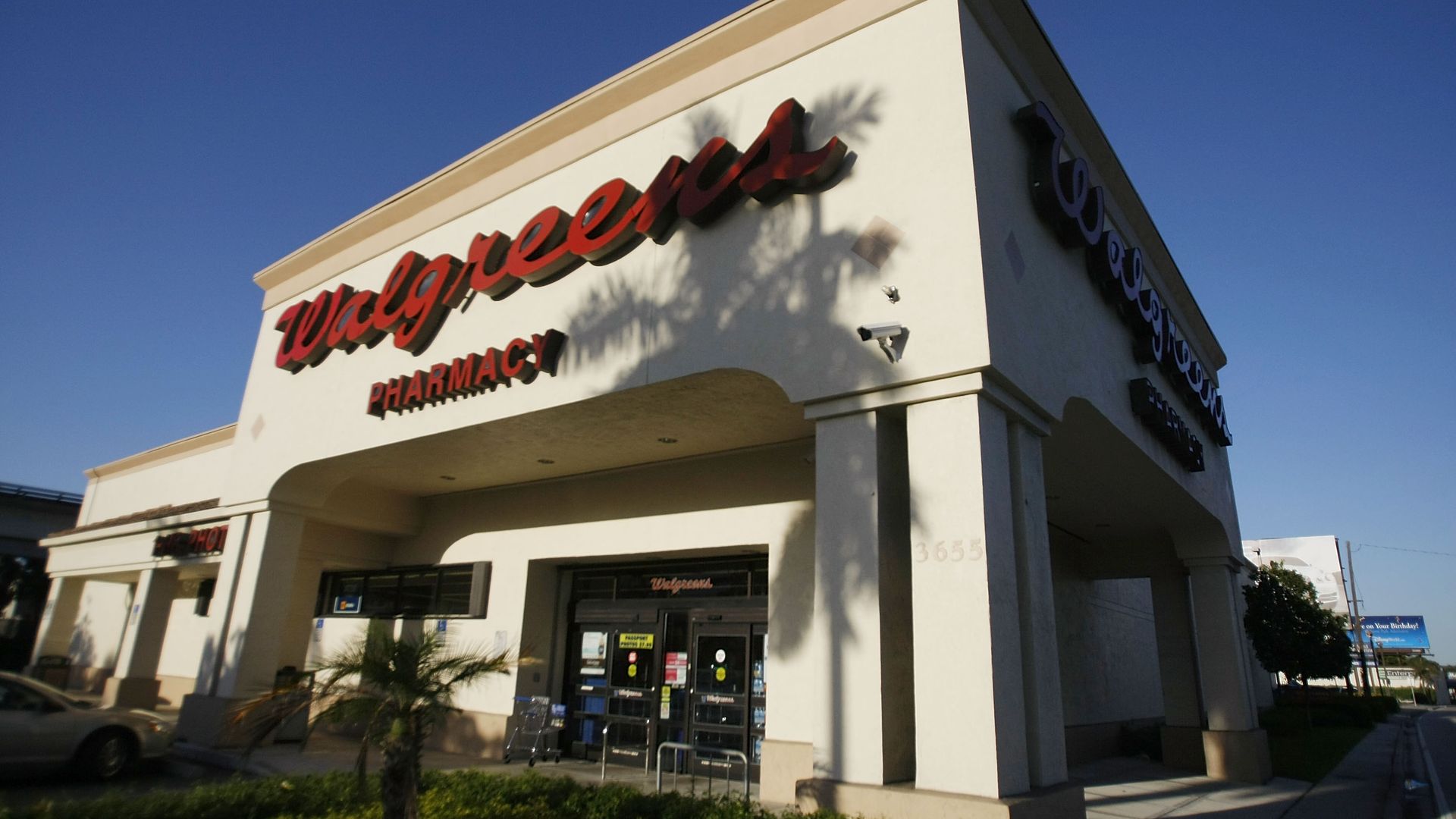| If you want to understand why lowering retail drug prices can be so difficult, look no further than billionaire investor Mark Cuban's online pharmacy. What's happening: Cost Plus Drugs launched in January in a bid to offer transparent, and thus, lower drug prices. Cost Plus' direct-to-consumer model marks up drugs from cost by 15%, plus a $3 pharmacy fee, cutting wholesalers, PBMs, pharmacies and insurers out of the equation. - It's already gained 1.2 million customers and sells more than 1,000 generic drugs, Cuban said.
What he's saying: "I put my name on it because what we're really selling is not medication, what we're selling is trust," Cuban said at the Axios BFD event in New York City on Wednesday. - The question is whether it can fundamentally change the pricing model.
The big picture: Congress and the Biden administration recently have taken their own cut at the drug pricing puzzle, targeting what manufacturers charge Medicare via the Inflation Reduction Act and possible follow-on actions. - The nonprofit Civica Rx also is trying to reshape the economics of drug development, making generics and partnering with certain pharmacy benefit managers and insurers.
- And a growing number of online pharmacy platforms are "opting out" of working with middlemen, seeking to find ways to cut generic prices by essentially running cash-only businesses, NBC News reported.
Yes, but: So far, these efforts haven't extended to brand-name drugs, which accounted for about 84% of U.S. pharmaceutical spending in 2021. - Cuban said breaking into branded drugs is "complicated," but noted he'd been able to secure a purchasing agreement with Roche.
- The problem, he said, is a handful of PBMs that dominate the industry. PBMs are go-betweens linking drug manufacturers and insurers, negotiating rebates with drugmakers and securing the details of their plan coverage.
- Drugmakers have been reluctant to sell to other players including Cost Plus, lest they be cast out of those PBMs' enormous networks, Cuban has said.
- Cuban recently struck a deal with the PBM Rightway, and is planning to open a drug manufacturing facility in Dallas by next month.
What to watch: Whether Cuban or other challengers will be able to break into the branded-drug market in a meaningful way to challenge the incumbents. Go deeper. | 








No comments:
Post a Comment